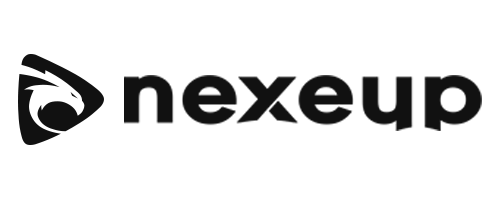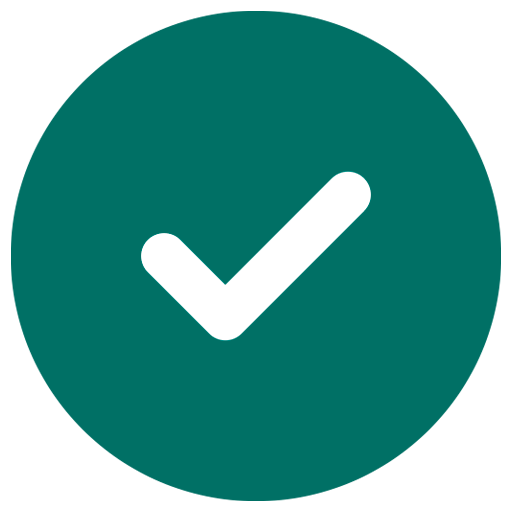Summary
- Follow-up is crucial: Craft thoughtful messages to reinforce a positive impression and differentiate yourself from other candidates.
- Be authentic: Use your unique voice in communications, avoiding formulaic language and clichés to build trust.
Before diving into the five actionable tips, it’s important to recognize that landing the job after your interview often hinges more on how you follow up than on what you said during the meeting itself. Employers look for candidates who not only excel in person but also exhibit professionalism, genuine enthusiasm, and proactive thinking afterward. By crafting thoughtful messages, demonstrating authenticity, and adding value beyond the interview, you reinforce a positive impression and set yourself apart from other applicants. Below, you’ll find five human-centered strategies—rooted in expert advice and real-world best practices—to help you turn that interview into an offer.
1. Send a Timely, Personalized Thank‑You Note
After the interview wraps up, seize the momentum: send a thank‑you message within 24 hours. This simple gesture shows respect for the interviewer’s time and reinforces your interest in the role.
- Why it matters: A prompt thank‑you note — especially one tailored to specific points from your conversation — demonstrates attention to detail and genuine engagement.
- How to do it:
- Address each person you met by name.
- Mention one highlight or insight from your discussion (e.g., a challenge they described or a project you’d love to contribute to).
- Reiterate your enthusiasm: “I’m excited about the opportunity to leverage my X skills to help achieve Y goal.”
- Format matters: For most corporate roles, an email is fine; for client‑facing or creative industries, a handwritten note can leave a memorable impression.
2. Be Authentically “You” in Every Communication
Authenticity builds trust. Rather than relying on formulaic language, let your human voice shine through in follow‑ups.
- Show personality: If you bonded over a shared interest (e.g., a conference you both attended), reference it naturally: “I’ve been thinking about our conversation on sustainable marketing at SXSW — I found this recent article you might enjoy…”.
- Avoid robotic phrasing: Skip clichés like “I appreciate the opportunity” unless you can back them up with specifics. Instead, write as you speak (while maintaining professionalism).
- Own your stories: If you stumbled on a question, use your follow‑up to clarify or expand on your answer in a conversational tone: “I wanted to revisit our discussion about team leadership. After reflecting, I realized I could have highlighted how I guided my last team through a 20% efficiency boost by…”.
3. Offer Fresh Value Beyond “Thank You”
Elevate your follow‑up from mere courtesy to strategic engagement by delivering something useful.
- Share relevant resources: Send an article, report, or tool that ties directly to a topic from your interview. For example, “You mentioned exploring new data‑visualization platforms; here’s a comparative guide I found insightful.”
- Propose solutions: If you discussed a known challenge (e.g., process bottlenecks), outline a brief action plan or idea: “Based on what we discussed about workflow delays, I’ve sketched out a three‑step process improvement that reduced cycle time by 15% in my last role. Happy to share details if it’d be helpful.
- Keep it concise: One or two value‑add elements is plenty—don’t overwhelm with information.
4. Follow Up Strategically—But Don’t Become “That Candidate”
There’s an art to persistence. You want to be memorable, not annoying.
- Initial follow‑up: If no decision timeframe was given, wait a week after your thank‑you note before checking in.
- Second check‑in: If still no response after another week, send one more concise email: “I wanted to touch base on the [Position] role. I remain very interested and would appreciate any updates on the hiring timeline.”.
- Know when to stop: After two follow‑ups, shift your focus. Continuing to chase can backfire—demonstrate confidence that you’re in demand.
- Alternative channels: If you built rapport on LinkedIn or another professional network, a simple connection request can serve as a gentle nudge, signaling interest without direct messaging.
5. Reflect, Learn, and Prepare for Next Steps
Regardless of outcome, each interview is a growth opportunity.
- Self‑assessment: Immediately after the interview, jot down questions you answered well and ones you’d refine. Note any jargon or metrics you forgot to mention.
- Document key details: Record interviewer names, job expectations, and cultural insights. This will inform future conversations or second‑round interviews.
- Plan for next conversations: If a second interview is probable, outline topics you’d like to revisit or new questions to ask. Demonstrating proactive preparation can set you apart from peers.
- Stay engaged: Continue researching the company and industry trends. Sharing a brief insight or question in a follow‑up can show you’re serious about continuous learning.
In summary, converting an interview into an offer is as much about your post‑interview strategy as your in‑person performance. By sending timely, personalized notes; infusing your authentic voice; offering new value; following up judiciously; and reflecting strategically, you make it easy for hiring managers to remember you—and to say “yes.” Good luck!








These tips offer a comprehensive strategy for post-interview follow-up, emphasizing the importance of authenticity, personalized communication, and strategic engagement. It’s great to see how even a simple thank-you note can make a significant impact. Best of luck to everyone applying these insights to their job search!